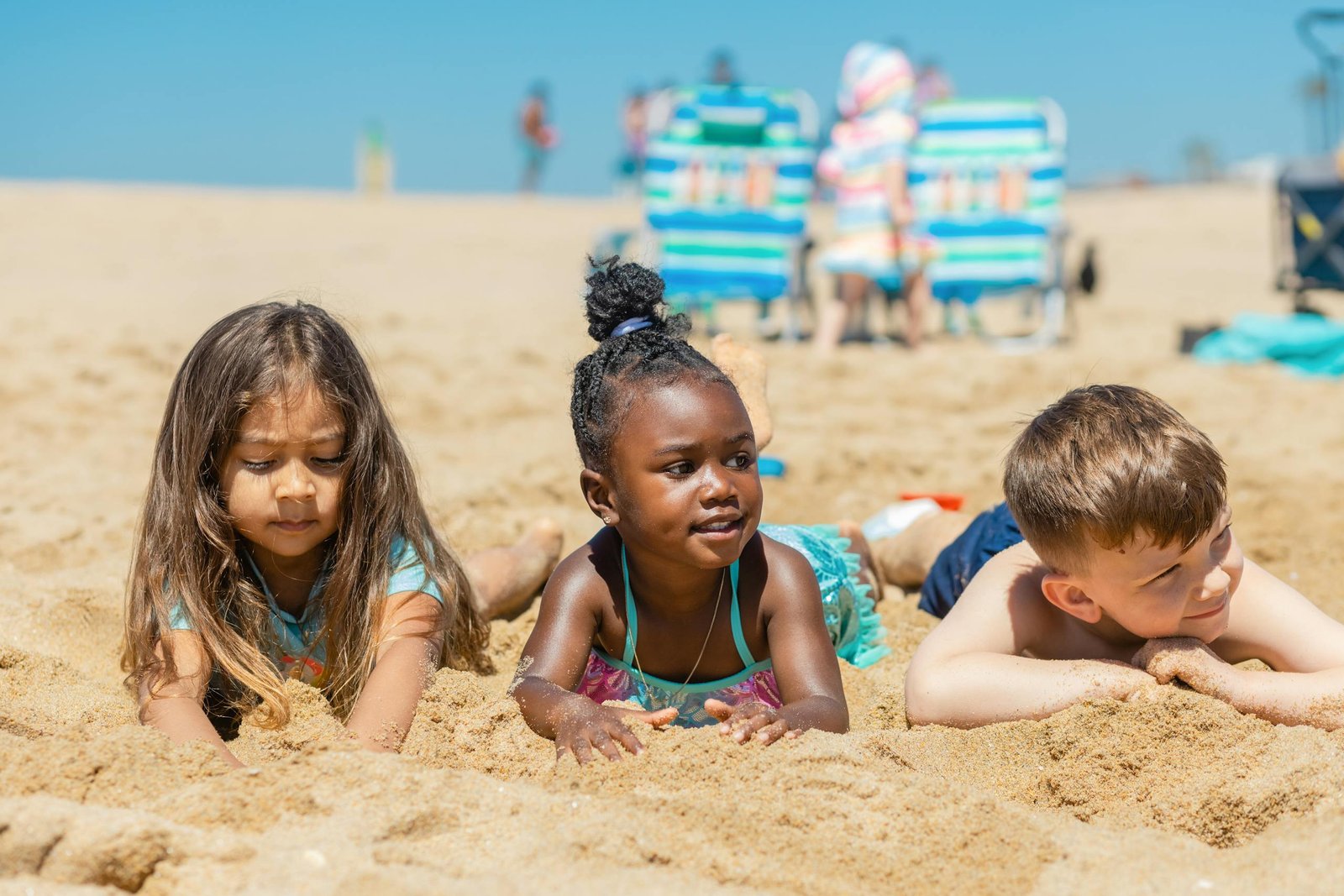Engaging Summer Activities
Simple and Engaging Summer Activities for Special Education Learners
Summer is a time for rest, fun, and family—but it’s also a great opportunity to keep your child engaged in ways that are relaxed and meaningful. For families homeschooling children with special education needs, the summer months can be a perfect window to reinforce skills, explore new interests, and build confidence—without the pressure of a full academic schedule.
Here are some easy, low-stress activities to keep your child learning and growing this summer while still enjoying the break!
1. Sensory Nature Walks
Head outside for a simple walk, but turn it into a full sensory experience! Encourage your child to notice the different sounds (birds, wind, insects), textures (leaves, bark, grass), and sights around them. Bring a notebook to draw or jot down their favorite discoveries. This is a great way to build descriptive language, mindfulness, and observation skills.
2. Math in the Real World
Math doesn’t have to come from a worksheet. Use real-life situations like grocery shopping, cooking, or yard sales to build math skills:
- Cooking teaches measurements, fractions, and sequencing.
- Shopping builds skills in money handling and estimation.
- Gardening can involve counting plants, measuring growth, and even graphing results over time.
3. Water Play With a Purpose
Set up water bins, sponges, measuring cups, and small toys for sensory and motor skill fun. For extra learning, try:
- Estimating and measuring water amounts
- Sorting toys by size or color
- Practicing simple addition or subtraction with floating objects
Water play is also calming and great for regulation.
4. Summer Reading Adventures
Pick a theme each week (like animals, space, or transportation), and build a few activities around books on that topic. You can:
- Visit the library together
- Watch a related documentary or kids’ show
- Create a simple art or craft project based on the theme
Let your child help choose books or themes—they’ll be more engaged and motivated!
5. Create a “Life Skills” Chart
Summer is a great time to work on independence. Make a simple chart of daily or weekly tasks like:
- Making a snack
- Folding laundry
- Brushing teeth independently
- Setting the table
Turn it into a fun challenge with stickers or check marks for each task completed. This helps build routine and responsibility without feeling like schoolwork.
6. Movement Breaks & Brain Boosters
Incorporate movement activities that also support coordination and focus:
- Sidewalk chalk obstacle courses
- Freeze dance with directions (“jump 3 times!”)
- Animal walks (bear crawl, crab walk, frog jumps)
These are great for sensory regulation and are especially helpful for kids with ADHD, autism, or sensory processing needs.
7. Storytelling Through Art
Encourage your child to create their own story through drawings, clay models, or comic strips. This supports expressive language, sequencing, and creativity—all important foundational skills. You can scribe for them or let them tell their story verbally.
8. Social Games With Family & Friends
Use board games, card games, or simple group activities to build turn-taking, communication, and emotional regulation. Choose games that match your child’s level and focus on connection—not competition.
Final Thoughts
Summer learning doesn’t have to be formal. In fact, the best kind of learning often happens through play, exploration, and meaningful real-life experiences. For special education families, the goal is to keep the momentum going with gentle structure and lots of encouragement.
By mixing in just a few of these simple activities each week, you can help your child stay engaged, feel successful, and start the new school year with confidence.




